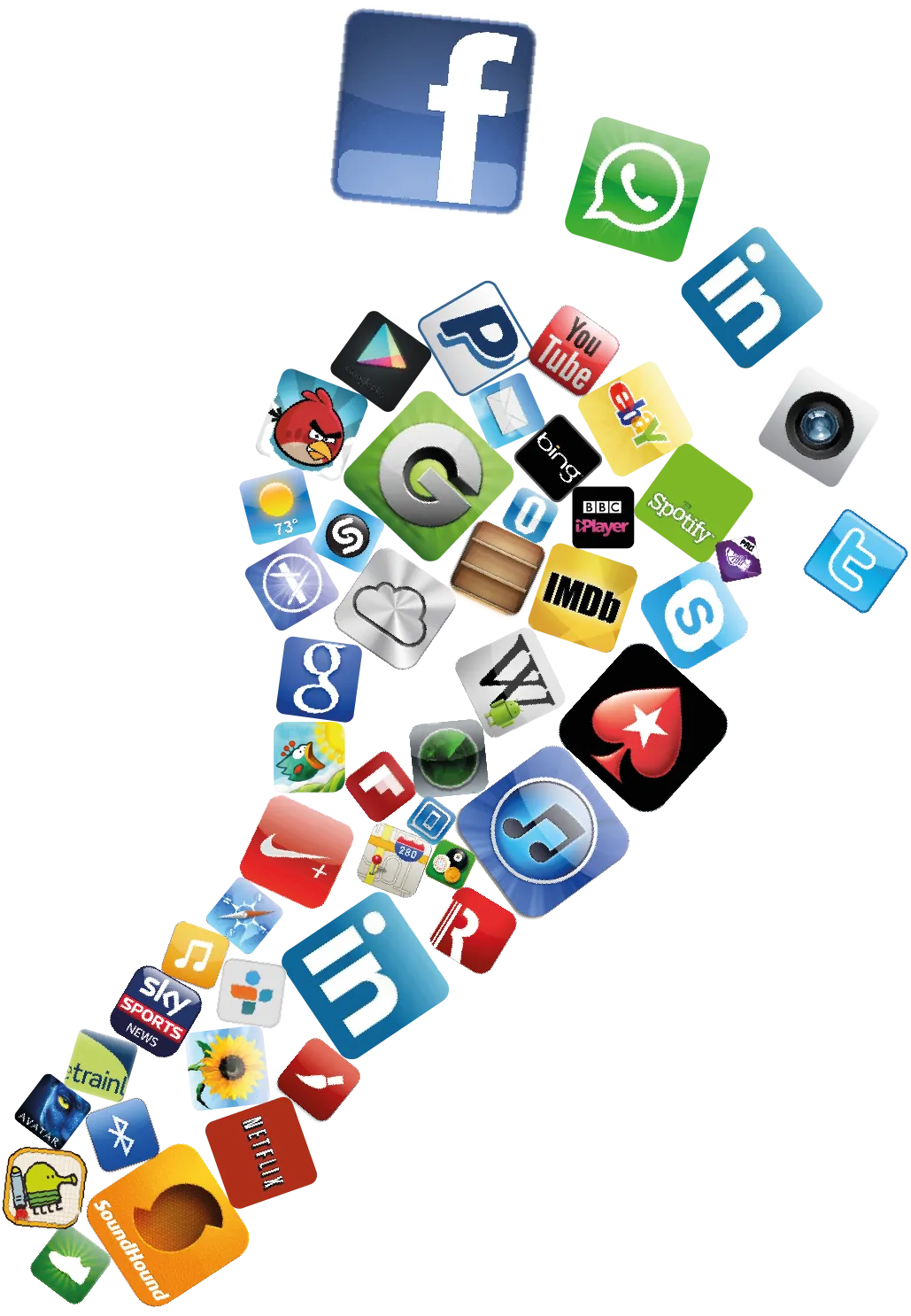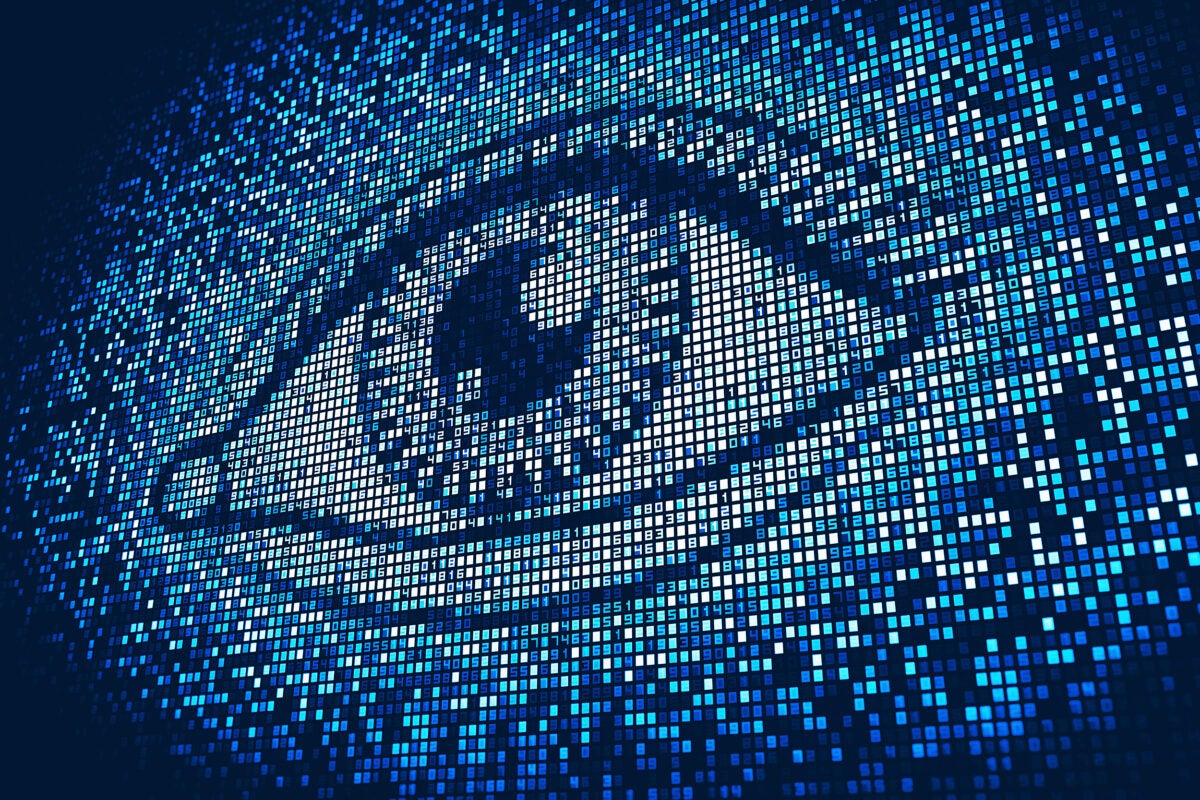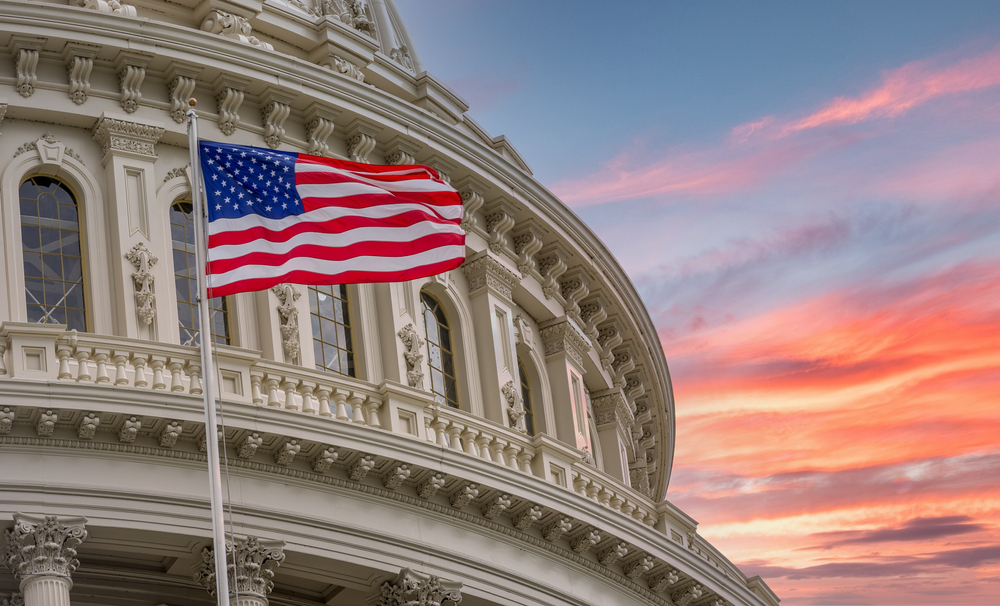MEDIA LAW & LITERACY
Sunday, December 10, 2023
Final Blog Post
Tuesday, December 5, 2023
BLOG POST #11: EOTO Whistleblower Presentation Reflection
Monday, December 4, 2023
BLOG POST #10: In the Age of AI
In my previous knowledge of AI, I saw it as a very black and white matter, in which I thought of AI to only be a tool for individuals to use as a means of assistance, however the documentary, In the Age of AI has vastly changed my perception of AI. The manner in which every industry is finding ways to use AI and dispose of human roles in the work place is quite alarming, as the priority of the workplace has become efficiency with no regard to the role of humans. Computer scientist, Jerry Kaplan brought to light issues of AI being a driving force in inequality for Americans as opportunities are being taken by AI rather than citizens. This has posed a moral issue as to what is more important for individuals who are pushing for AI, is capital more important or society more important?
Wednesday, November 29, 2023
EOTO #2: TOTAL INFORMATION AWARENESS
Individuals across the country have more and more of their lives tied to technology, hence the issue of online privacy continues to be one of high relevance. Different political climates as well as matters of national security have often been used as reasons behind mass surveillance and data-mining that is continued to be pushed by the national government.
The 9/11 Terrorist Attacks brought the concept of national security to the limelight in which the U.S. government reacted by creating and implementing the Total Information Awareness program. The Bush administration was the driving force in this task as they were pushed for the incorporation of this system across all government agencies. The Total Information Awareness program makes it so one's information is shared and analyzed across various databases which may then profile potential threats. It is important to note that the information that is being accessed includes private information in addition to public information.
Although at the time, Total Information Awareness was introduced as a means of national protection, it is now clear that there were other underlying intentions as it has lead to issues of violating one's right to privacy. Total Information Awareness was established created 2002 and since that year it has been on an upward trajectory in the creation of manners the government is able to track everything it is doing.It is widely known that almost all of one's actions via technology and online are being tracked, whether by the government or by companies such as Google.When comparing the Total Information Awareness, to the fourth amendment of the constitution it is clear this is not constitutional as the program allows, "warrantless surveillance", which raises additional concern as to how the premise of this program is still very much an issue today.
Thursday, November 16, 2023
Diffusion Theory & the Invention of the Telephone
Blog #7
Have you ever wondered how a new product or invention grew to be such a vital part of society? For example the telephone, how did something that was never utilized become a must have for day to day life? E.M. Rogers created the Diffusion of Innovation theory that can help us answer these questions and break down the adoption of a product into phases. The Diffusion of Innovation Theory allows us to elaborate upon the process of diffusion of a product or concept amongst a culture or society.
The invention of the telephone through the Diffusion Theory:
Stage 1: Innovators
For every new concept there has to be individuals willing to be pioneers in discovering and creating something that has yet to exist. In the invention of the telephone, the innovators and pioneers of this groundbreaking communication invention were Alexander Bell and Thomas Edison. In 1876 Alexander Bell was able to create the first telephone as a result of discovering that sound-waves emit electricity. Thomas Edison shortly after, joined the innovative efforts by making improvements to the original model of the telephone.
Stage 2: Early adopters
The second phase in the Diffusion of Innovation model is Early adopters, in which these are people open minded and willing to change, they are visionaries. A prominent early adopter of the telephone was Gardiner Greene Hubbard , who helped Alexander Bell establish the Bell Telephone Company. This was the first telephone company to ever be created and they were a driving force in making the telephone available to the public.
Stage 3: Early Majority
The early majority refers to people who may be skeptical however, still are early in comparison to the rest of society in utilizing the new product and/or concept. The early majority in regard to the telephone were businesses as they were the first to partake in the commercialization of the product. Specifically, the E.T. Holmes Burglar company was the first office to have telephones installed in order to have greater efficiency in communication.
Stage 4: Late Majority
The late majority consists of people who 'drag their feet', as they are reluctant to adapt to the change. The late majority wishes to have the majority of the population to act as a testament that the new invention functions properly before they use it themselves. The late majority for the use of the telephone involved lower class individuals who did not have the disposable income to afford the telephone as they needed to be shown that it would be a necessity.
Stage 5: Laggards
Laggards refers to those who are extremely weary of change and anything new as they are tied to their traditions and habits. Laggards for the telephone included the older population as they were so set in their ways of living. Having this technological advancement was difficult for them to fathom as they had spent their whole lives functioning without it.
The telephone was a product that was rapidly adopted through the nation as it enhanced the fundamental need to communicate. I personally believe that the positive effects of the telephone outweigh the negative as this made it possible for people to communicate in the present moment.
Tuesday, November 14, 2023
Anti War Voices
Blog #6
Recently, the topic of War has once again taken center stage in the United States as our country has involved itself into other country's wars. Two wars that are unfolding in this very moment include the war between Ukraine and Russia, and the Hamas-Israel war.
According to PBS, the United States has allocated over $75 billion dollars to Ukraine in efforts to aid them in this war. In addition, the Biden administration is currently working towards allocating inventory from the Drawdown of Security that is said to be worth up to $125 million and they are also investing $300 million into the Ukraine Security Assistance initiative. As for the Hamas-Israel war, the Biden administration has recently asked Congress for $14 billion in order to support Israel.
As these Wars continue to unfold, the Biden Administration continues to intervene by sending money and supplies to support Israel and Ukraine. In the United States, one of the jobs of American citizens is to keep the government in check, as this is one of the beauties of our democracy. With this sentiment in mind, one must remember that disagreeing with the government is part of the checks and balances system, as we have a right to not agree with every action our government undertakes.
When listening, watching, and reading the news there hardly seems to be any antiwar voices, despite the fact that war is a controversial topic. Recently, I have come to learn about the news platforms, "The American Conservative", and "Anti War news", and it shocked me to know I had never heard of or seen either platforms.
When reflecting on why one has to go to obscure platforms to listen to anti war opinions I think this has to do with our nation's history. This pattern is connected to the early establishment of our nation. For example, the Espionage Act of 1917 which essentially punished government employees who were against the war. On top of this, seeing how the Biden administration participated in censorship of Covid-19, I believe it is not a coincidence that antiwar voices are not easily found online. I truly believe there are manners that make it so anti war voices are being made hard to find for the public. Knowing this, I will be more mindful when looking at sources and thoroughly searching, as I want to be able to take into account a variety of views.Tuesday, November 7, 2023
EOTO POST: The Invention of the Telephone
The invention of the telephone is one that revolutionized the field of communication and over the centuries has been transformed in unimaginable ways
 |
| CLICK HERE FOR TO WATCH THIS VIDEO |
During the 1870's the Reconstruction Era was continuing to unfold in which the United States continued to face polarizing Civil Rights issues. The main form of communication during this time was the telegraph and writing letters. In hopes of improving the feasibility and efficiency of communication, Alexander Bell decided to work towards improving the telegraph but instead unintentionally invented the telephone.
As a result of Bell's groundbreaking invention, the Bell Telephone Company was created in 1877, with the hopes of making the telephone available to the public. During this time, telephones were mainly prioritized and used for businesses(Grant and Meadows 15). After 6 months of the telephone existing, a total 1,300 were being used(Grant and Meadows 15).
 |
| Thomas Edison's version of a telephone |
Soon after Bell's original telephone creation, Thomas Edison created another version of a Telephone that made it so the piece intended to speak and the piece intended for listening were separate (Forrester 2). As a result of separating these two key components, a person using the telephone could hear the other person more clearly. Thomas Edison was not the only inventor that built off of Alexander Bell's original telephone invention, as this creation continued to evolve.
During the 1890's Almon Strowger created the automatic telephone which made the communication process even more easier(Forrester 2). As a result of this, instead of having a physical person facilitate the call you are making and connecting you to the other line, it could be done automatically(Britannica).
Brittanica defines a telephone as a product that allows for the, "simultaneous transmission and reception of the human voice". Reading how revolutionary this product was puts into perspective the historical impact it had, as now in days it is a product is incorporated in every day life. The telephone solved communication problems of timeliness, misinterpretation, and a general sense of connection. Even today the telephone is greatly appreciated as it gave people the ability to directly speak to one another.Forrester, Rochelle. “Invention of the telephone.” SSRN Electronic Journal, Jan. 2020, pp. 1–5, https://doi.org/10.2139/ssrn.3513276.
Grant, August E, and Jennifer H Meadows . Communication Technology Update . 10th ed., Elsevier Inc, 2006.
Final Blog Post
The invention of technology is one that truly revolutionized the world's way of living as it has penetrated various fields such as commu...

-
The United States Supreme Court serves as a vital component of our government as they protect and uphold the values of the Constitution...
-
The invention of technology is one that truly revolutionized the world's way of living as it has penetrated various fields such as commu...
-
Individuals across the country have more and more of their lives tied to technology, hence the issue of online privacy continues to be one ...
























